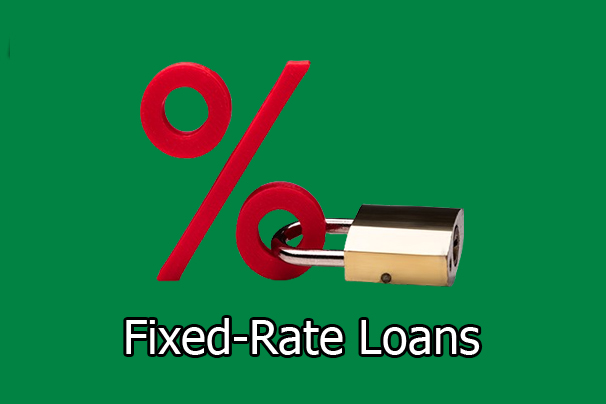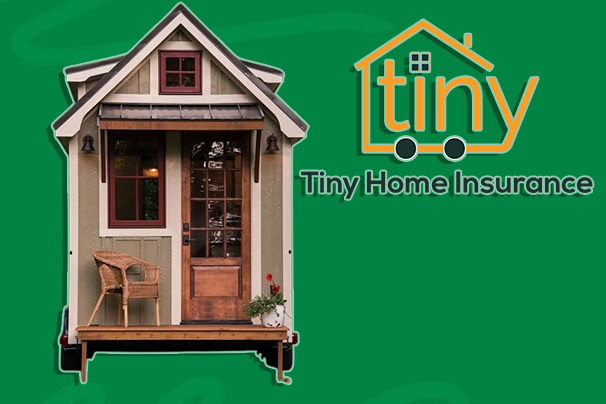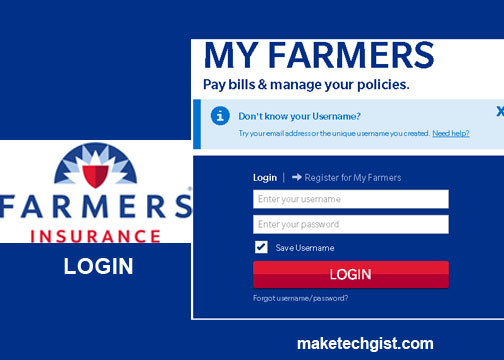Fixed-rate loans are loans with a fixed interest rate for the entire term, regardless of market interest rates. Therefore, your payments will remain the same for the term. A fixed-rate loan may be more suitable depending on the interest rate climate at the time of loan issuance and its duration.

A fixed loan remains at the current market interest rate plus or minus a specific borrower’s spread for the duration of the loan. Generally, it is preferable to lock in your loan at the current fixed rate if interest rates are low but set to rise. Even if interest rates rise to higher levels, your interest rate on the new loan will remain the same, subject to the terms of your agreement. Your loan’s interest rate will decrease along with general interest rates.
How Do Fixed-Rate Loans Work
A fixed-rate loan’s interest rate remains constant throughout the loan duration, unaffected by inflation or interest rate fluctuations. This denotes that the interest rate and monthly payments will not change for the duration of the loan. The optimal choice of a fixed-rate loan depends on the loan’s length and the current interest rate.
The borrower must make larger monthly payments as the interest rate rises. While fixed interest rates are unaffected by changes in the economy, variable interest rates fluctuate as the economy expands. A fixed-rate loan is better than a variable-rate loan. This is if the current interest rate is low but is predicted to rise sharply.
A fixed-rate loan shields the borrower from future interest rate fluctuations by locking the loan at the then-current rate. If future interest rates are expected to decrease, opt for a variable-rate loan to reduce loan costs. Taking out a fixed-rate loan in these situations can increase the loan’s cost and result in higher interest rates than the actual loan offers.
Types of Fixed-Rate Loans
A loan with a fixed interest rate remains constant throughout the loan or a portion of it. Since they can precisely forecast future expenses and monthly payments, fixed-rate loans are preferred by the majority of borrowers for long-term loans. The most common varieties of fixed-rate loans are as follows:
Auto loans
A fixed-rate loan with fixed monthly payments over a predetermined period is an auto loan. A borrower must pledge the car they want to buy as collateral when they apply for an auto loan. Additionally, a payment schedule that may include a down payment and recurring principal and interest payments is agreed upon by the borrower and the lender.
Mortgage
One kind of fixed-rate loan that people take out to purchase real estate is a mortgage. In a mortgage, the lender consents to give up cash up front in exchange for set payments each month for a predetermined amount of time. After using the loan to buy a house, the borrower pledges the house as collateral for the loan until the entire amount owed is repaid.
Advantages and Disadvantages of Fixed-Rate Loans
For borrowers, fixed-rate loans can have advantages and disadvantages. In addition, selecting fixed-rate loans can be aided by weighing the benefits and drawbacks side by side. The following includes;
Advantages
- Regardless of changes in market rates, borrowers are aware of exactly how much they will be paying each month.
- When interest rates rise, fixed rates stay the same.
- For many loans, including non-mortgage loans with terms ranging from six months to ten years, borrowers are free to choose their own duration.
Disadvantages
- Under the terms of a fixed-rate agreement, loans have less flexibility.
- When interest rates are falling, fixed rates do not decrease.
- If the borrower wants to modify the terms of the loan or pay it off early, there may be additional costs involved.
- Historically, fixed-rate loans have cost more than variable-rate loans for their lives.
What is the Difference between Fixed and Variable Rate Loans
The opposite of a fixed interest rate is variable-rate interest, which is subject to fluctuations. The national interest rate serves as the foundation for variable interest rates. Some businesses may opt for lower rates due to the potential for both lower and higher prices. This is not a guarantee that things will go as planned. You can be certain that you will be spending more money at other times of the year, even if you stand to save money in some months.
Why Should I Choose Fixed Rate Loans
For the length of the prearranged term, fixed interest rates won’t fluctuate, which can be very helpful when budgeting. Although this interest rate carries some risk, it’s a safer option if you need to know how much money you should set aside each month. Businesses that need loans are frequently not equipped to handle monthly payments that fluctuate. Your expenses will never change if you have a fixed interest rate.
Final Thoughts
If you’ve ever taken out a loan, you are aware that interest is a necessary expense. However, you can save some money if you know how they operate. They are available in a variety of forms and dimensions, including fixed-rate loans. Whether it’s a mortgage, line of credit, or auto loan, this kind of loan is fixed for the duration of your debt.





